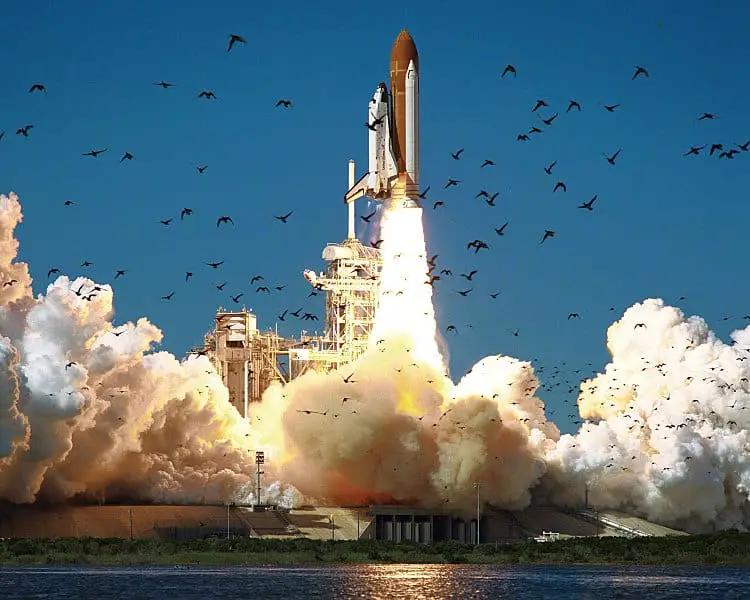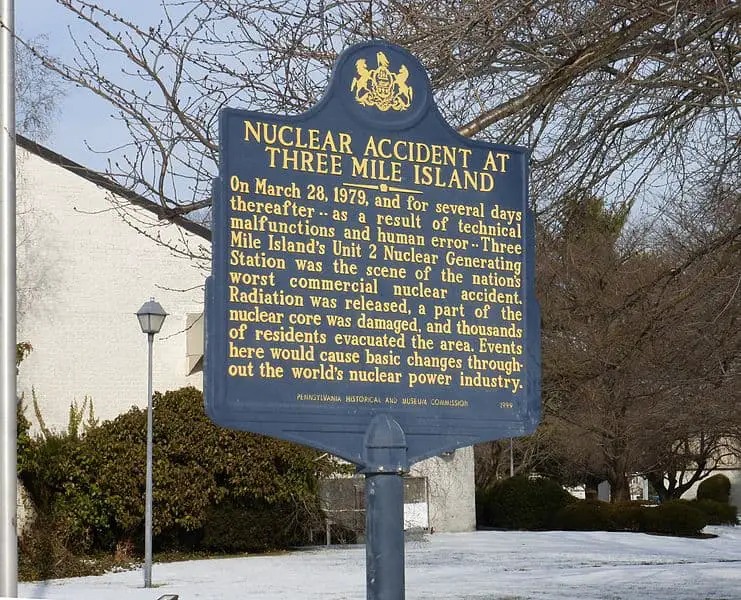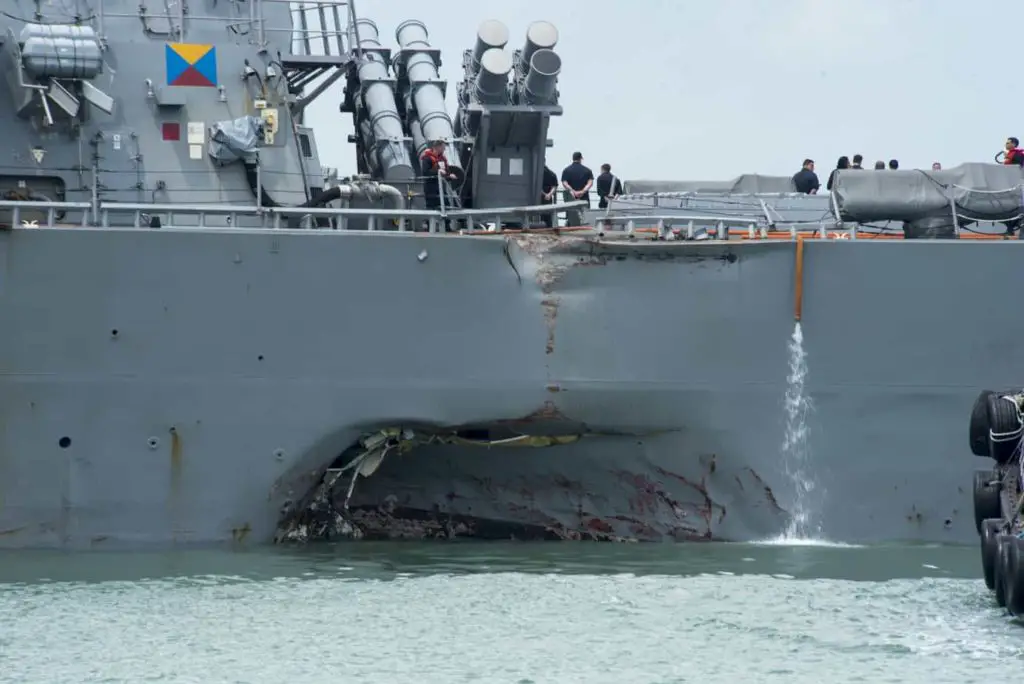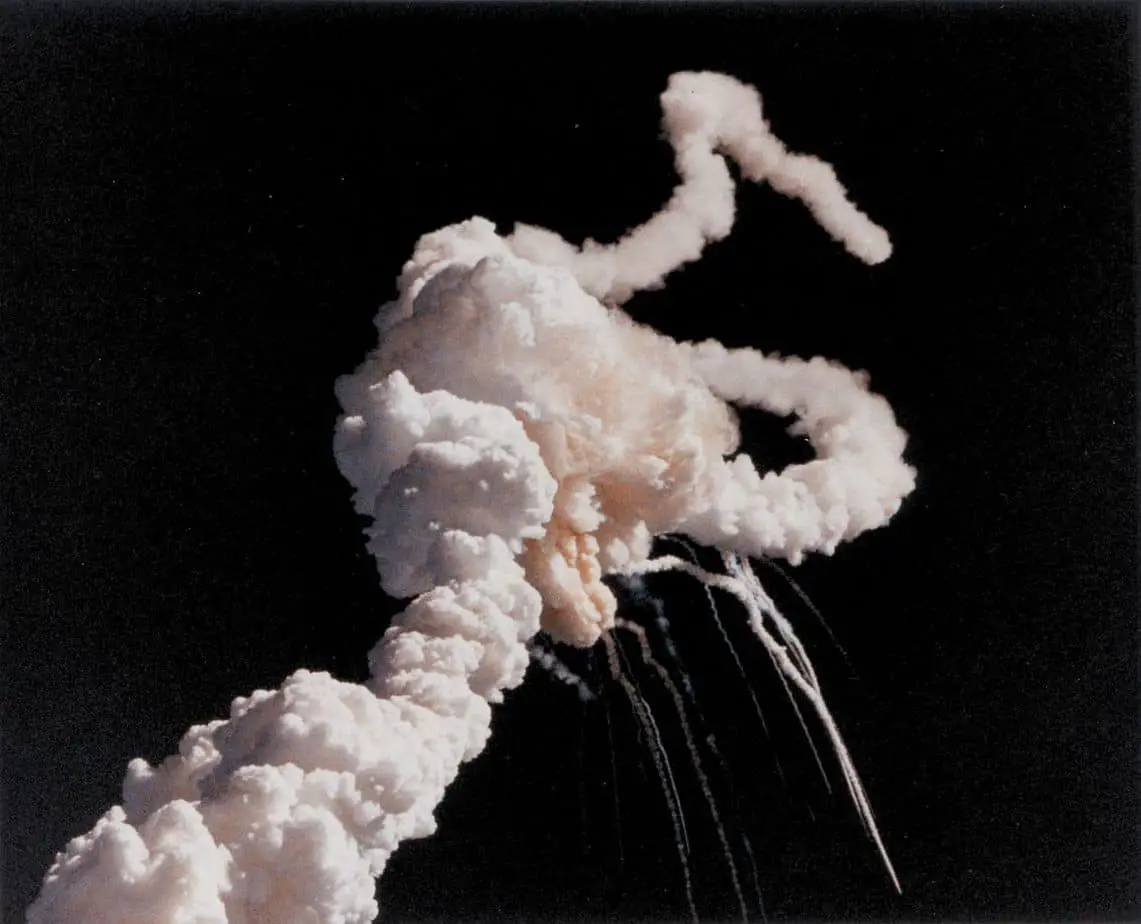You may have made a few embarrassing mistakes that time you didn’t sleep well but these poorly rested guys caused catastrophes and oftentimes many deaths. Read about these preventable accidents and then check out our mattress buying guide to find the best online mattress.
1. Space Shuttle Challenger Disaster

Just 73 seconds into its flight, the Space Shuttle Challenger exploded killing seven crew members.
The main cause of the accident was a faulty seal in one of the boosters. The compromised seal caused hot burning gas to escape and ignite the catastrophic explosion.
Post incident reports have also pointed to another major factor behind the disaster.
The managers responsible for making key decisions regarding the mission were working long and irregular hours. As a result, it increased the risk of poor decision making.
In one key turning point, the managers ignored warnings from engineers that the seal in the rocket boosters may not hold up at certain low temperatures.
On the day of the flight, the temperatures were below freezing.
One report stated, “Other factors may have impeded or prevented effective communication and exchange of information.”
Sleep deprivation and fatigue combined with the time pressure on the managers made them ignoring safety precautions and warnings from engineers on the ground.
It was later revealed that the managers had slept for less than 2 hours the night before the launch day.
Worringly, this was not the only space shuttle incident caused by lack of sleep. In 1986, fatigued and sleep deprived operators accidentally drained 18,000 lbs of fuel from the Columbia shuttle just five minutes before takeoff.
If another engine problem hadn’t led to mission cancellation just 31 seconds before liftoff, it would have been a disaster.
2. Three Mile Island Plant Near-Disaster
There are people who say the Chernobyl nuclear disaster was partly caused by sleep deprivation. But there are too many conflicting incident reports especially on the human factor behind the accident to conclude that lack of sleep was an issue.
One nuclear plant accident where it’s clear lack of sleep was a major contributing factor happened at the Three Mile Island nuclear plant in Pennsylvania in 1979.

The main cause of the accident was escaping coolant. Operators did not realize that the coolant had escaped and the reactor core was overheating and melting. And even when they realized what was happening, a poor computer interface design led to the operators taking the wrong corrective actions.
In one case, an operator shut off the emergency cooling system because he thought there was too much coolant instead of the exact opposite.
The main reason workers failed to notice the escaping coolant was sleep deprivation. Thankfully, no one died and the effects of the accident were very limited.
3. Navy Ship Collisions

Last year a spate of Navy ship collisions at sea, some resulting in the death of Navy sailors, put a spotlight on the grueling work hours in those ships.
While experts have cited a variety of contributing technical and training factors behind the accidents, investigators say long working hours and inadequate sleep are too blame too. Tired sailors either ignored safety measures or were unable to anticipate trouble.
4. Exxon Valdez Oil Spill
This was the second largest oil spill in the US after the Deepwater Horizon oil spill. It occurred when an Exxon oil tanker struck a reef at the Prince William Sound in Alaska. 10.8 million gallons of oil spilled into the sea.
The accident caused great environmental damage including the death of hundreds of thousands of birds and sea creatures.
Fatigue and sleep deprivation were major contributors to the accident.
At the time of the accident, the ship’s captain was asleep after a night of heavy drinking. The person steering the tanker was severely fatigued and had been awake for 18 hours. The whole crew was also suffering from fatigue and inadequate sleep.
That along with bad decisions by Exxon management caused the death of 2,800 otters, 250 bald eagles, 300 seals and 200,000 sea birds.
5. Car Accidents

Every year, according to estimates by the National Highway Traffic Safety Administration, there are 6,000 fatal car accidents caused by falling asleep while driving. The total number of crashes, both fatal and non-fatal, is in the tens of thousands.
This is a yearly disaster.
While newer vehicles come with technology to warn drivers when they are nodding off, the best prevention is to stop drowsy driving. It’s just as bad as drunk driving.
Affiliate Disclosure
Affiliate Disclosure: I may earn a small commission (at no cost to you) if you purchase a mattress after clicking a referral link or using a coupon code on this site. That said, all content and opinions on this site are my own and are NOT affected by these payments.
This site participates in the Amazon Services LLC Associates Program, an affiliate advertising program designed to provide a means for sites to earn advertising fees by advertising and linking to Amazon.com.
*Amazon and the Amazon logo are trademarks of Amazon.com, Inc, or its affiliates.

